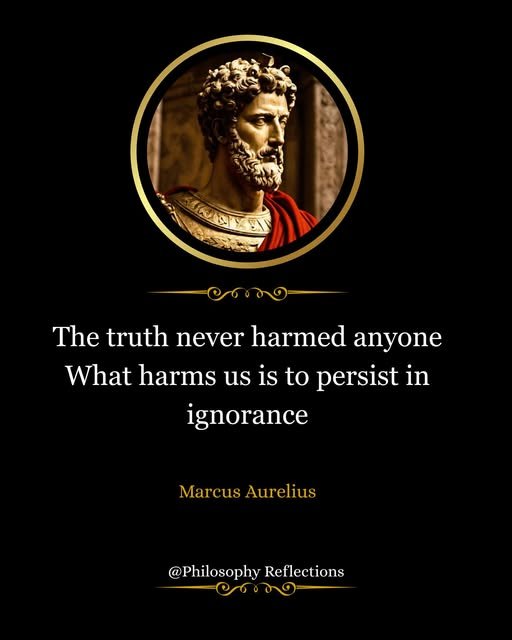In \"Beyond Good and Evil: Prelude to a Philosophy of the Future\", Friedrich Nietzsche embarks on a provocative journey to challenge traditional morality and philosophy. With his characteristic wit and precision, Nietzsche dissects the conventional notions of good and evil, revealing them to be mere social constructs designed to control and stifle individual creativity.
Nietzsche argues that traditional morality is based on a \"slave mentality\" that suppresses the will to power and excellence. He contends that philosophers, from Plato to Kant, have perpetuated this flawed morality, obscuring the true nature of reality.
In contrast, Nietzsche proposes a new philosophy that celebrates the individual\'s capacity to create their own values and meaning. He introduces the concept of the \"Übermensch\" (Superman), who embodies the qualities of creativity, self-overcoming, and individual excellence.
Through a series of aphorisms, Nietzsche tackles topics such as the role of the state, the impact of Christianity, and the relationship between art and truth. He also critiques the notion of objective truth, instead advocating for a perspectivist approach that acknowledges the subjective nature of knowledge.
Ultimately, \"Beyond Good and Evil\" is a call to arms, urging readers to question established norms and forge their own path. Nietzsche\'s philosophy is both exhilarating and unsettling, inviting uBs to confront the abyss of uncertainty and create our own values in the face of an uncertain future.




 Apr 15, 2025
Apr 15, 2025
































.jpg)

.jpeg)

















.jpeg)


.jpeg)
.jpg)


.jpeg)


.jpg)
.jpg)





.png)
.jpg)








.jpg)




.jpg)


.jpg)
.jpeg)